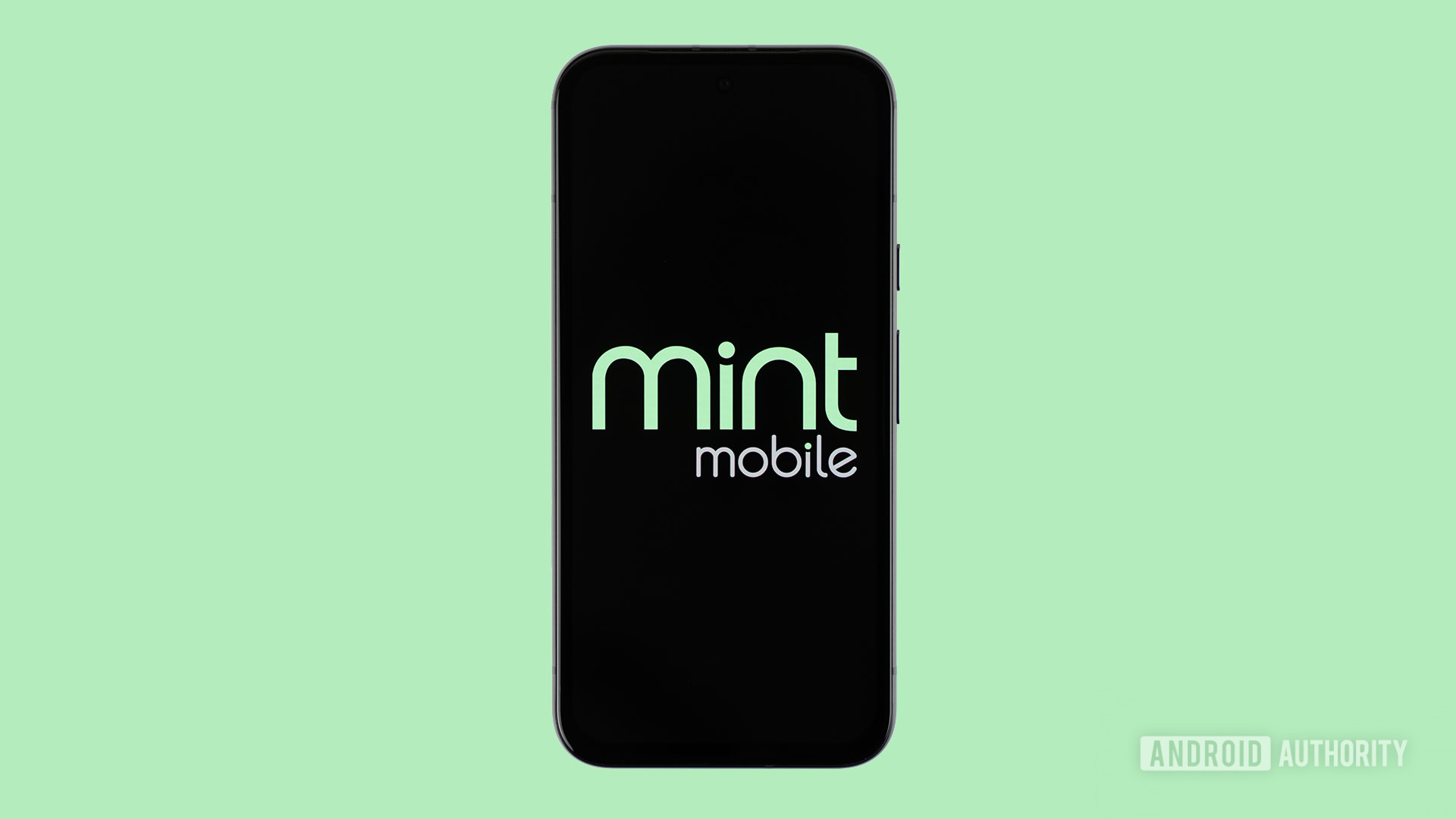Put a finger down if you remember how loan sharks harassed Nigerians who took online loans, luring them in with apps and accessible loans at exorbitant rates, then shaming them with calls to family and friends when payments were late. Those days may finally be numbered.
The Federal Competition and Consumer Protection Commission (FCCPC), Nigeria’s consumer protection watchdog, has said its new Digital, Electronic, Online, or Non-Traditional Consumer Lending Regulations (DEONCL), which it released in July, are now in effect.
State of play: The rule gives the Commission teeth to sanction abusive digital lenders with fines of up to ₦100 million ($65,000) or 1% of their turnover. Company directors could also be banned from operating for up to five years.
Between the lines: The law covers all unsecured digital lending, from loan apps to airtime lending, and sets strict rules on transparency, data privacy, marketing, and recovery tactics. Lenders must register with the FCCPC, disclose loan terms clearly, and stop practices like pre-authorised lending or unsolicited promotions.
Zoom out: The move comes after years of consumer complaints about harassment, unfair rates, and data misuse. Earlier crackdowns by the FCCPC involved raids and app delistings. Now there is a defined playbook, one that makes digital lending a formal part of Nigeria’s financial system rather than a free-for-all.
The big picture: The rules could mean more protection and fairer terms for borrowers. While for lenders, compliance will raise costs and set minimum standards for players coming in.
The outcome could redefine borrowing in a country where millions, shut out and bogged down by the complicated steps in formal banking systems, rely on quick loans for daily needs.











